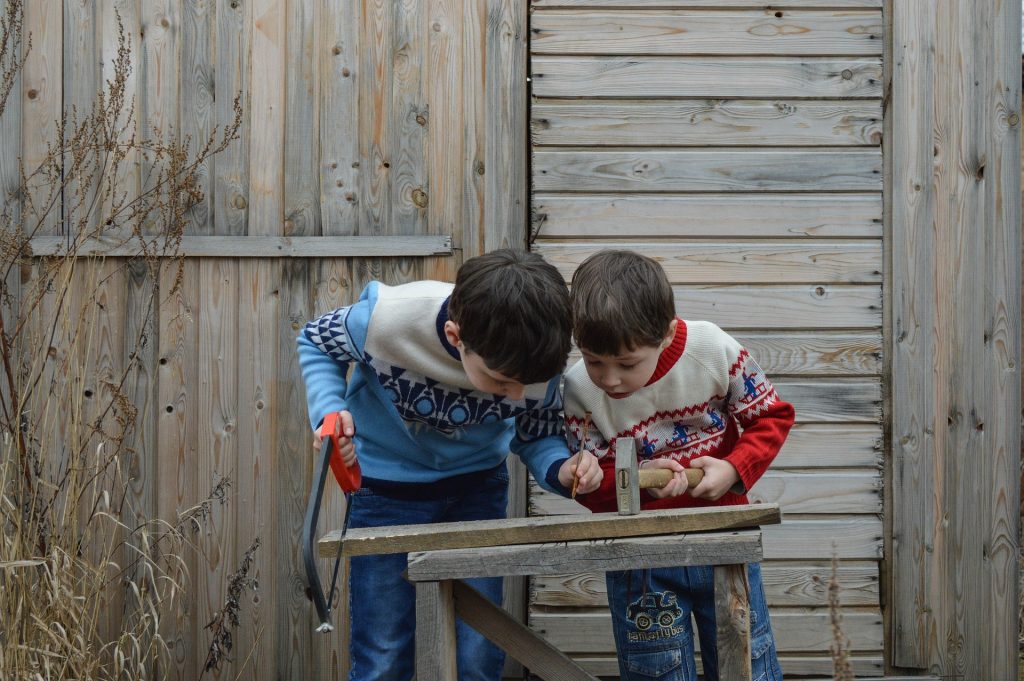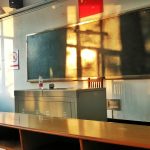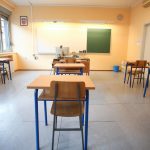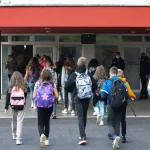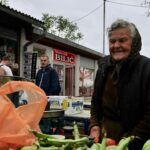As Jutarnji writes, starting in the autumn with the new school year, about 50 schools will start the experimental implementation of the full-day school project, which means that pupils will stay at school until the afternoon hours (it has not yet been defined how long, nor in which schools), doing extracurricular activities. One of the goals is to reduce private lessons that pupils often have on the side, considering that they would use part of the time spent at school for additional work in certain areas, which would help with learning.
The ministry has not yet presented the complete project, but as Jutarnji wrote on Sunday, one of the news is that classroom teachers will no longer teach physical education and health education classes. That will be the job of kinesiology graduates. At the same time, in the fourth grade of primary school, the hours of physical education will be increased from two to three weekly. The new Practical Skills subject should be one of the teaching contents through which classroom teachers will compensate for the physical and health education hours.
The subject Practical Skills would be taught one hour a week, and the basic elements of the new curriculum were – independence and self-care, safety, traffic and first aid, design and handicrafts (and other products), home and household environment, finances (and economy) and participation and entrepreneurship.
According to the first outline of the Practical Skills subject, pupils would learn, among other things, about healthy nutrition, hygiene, quality organization of the day. It is obvious that this subject brings back to schools some of the skills that former generations learned through the subject Housekeeping. That part will include learning about household chores – cleaning, cooking, maintenance, recycling, etc. Teachers would also teach their pupils how household appliances work, and how to fix simple household malfunctions. For example – how to replace batteries, repair a tire or “replace” the chains on a bicycle. At the same time, children would be taught about energy saving, the basics of entrepreneurial skills, but also about independent and safe movement in traffic. Through one of the elements of the new curriculum, which still needs to be defined by members of the working group, children from first to fourth grade would be prepared for traffic safety when using bicycles and scooters.
Some schools have been using part of these contents in their curricula for years, and according to the new plan, all students from the 2027/28 school year (and before that also gradually in the experimental phase) should be learning design and handicrafts. They would be introduced to different tools and techniques such as cutting, joining, bending, which would encourage the development of motor skills and innovation. The goal, as the Ministry envisioned, is to encourage students’ interest in working with their hands.
Among other things, the plan is to acquaint schoolchildren with the history of craftsmanship and for them to get to know the (remaining) local artisans…
For more, make sure to check out our dedicated News section.

